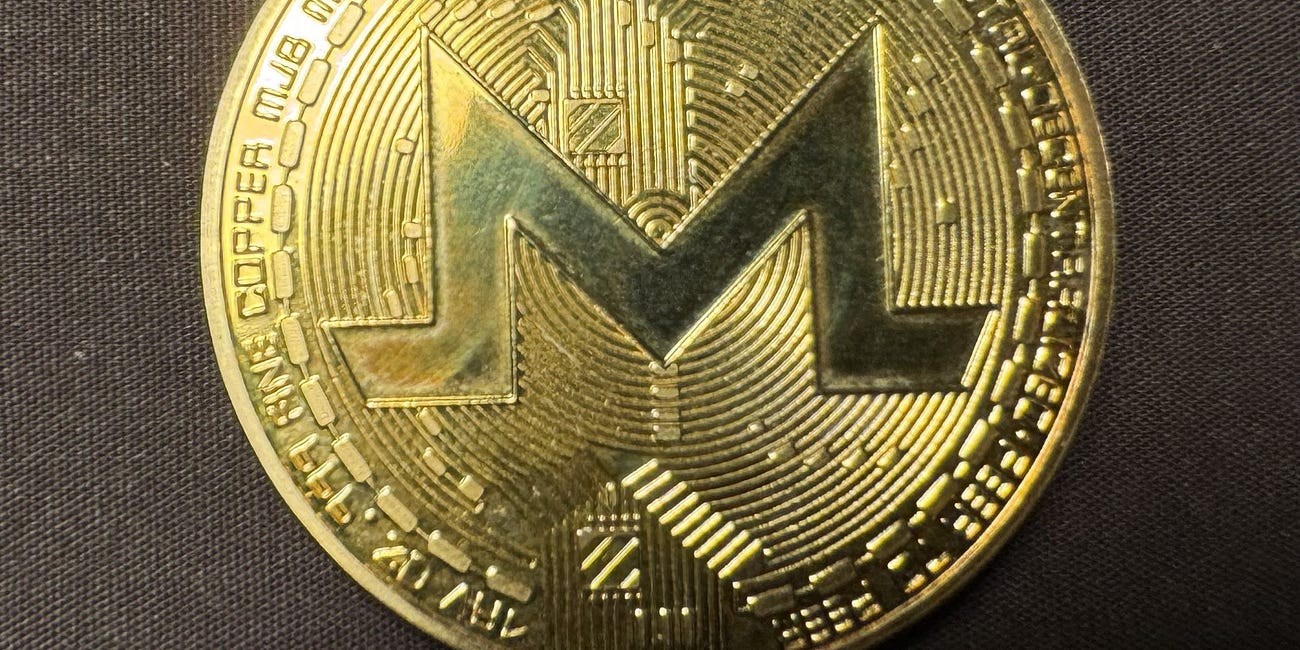Why Monero's Unshakable Foundation is Proof-of-Work
In the ever-evolving world of cryptocurrency, debates over the "best" consensus mechanism are constant. With other projects migrating to Proof-of-Stake (PoS), some inevitably ask: "Should Monero consider it?"
The answer is a resounding and definitive no. For Monero, Proof-of-Work (PoW) is not just a technical choice; it is the non-negotiable bedrock of its core values: privacy, decentralization, and censorship resistance. Abandoning PoW would be to abandon what makes Monero, Monero.
Let's break down the technical reasons why.
Boost Your Monero Vibes with @ moneropepe! 🚀
1. The Sybil Attack Problem: Real-World Cost vs. Virtual Stake
The fundamental problem any decentralized network must solve is the Sybil attack: how to prevent a single entity from creating a multitude of fake identities to gain control.
PoW's Answer: Control of the network is earned by expending real-world energy and computational power. To attack the network, a bad actor must acquire more than 50% of the global hashrate. This requires investing in hardware, paying for electricity, and competing against the entire honest network. The cost is externalized—it exists in the physical world and is astronomically high.
PoS's Problem: Control is granted to those who own the most coins. To attack the network, you must acquire a majority of the staked currency. This cost is internal to the system itself. It centralizes power with the wealthiest holders and is vulnerable to manipulation.
2. Fair Distribution and Permissionless Participation
How new coins are distributed is critical to maintaining a decentralized and fair system.
PoW (RandomX): Monero's unique PoW algorithm, RandomX, is optimized for general-purpose CPUs. This allows anyone with a computer to participate in securing the network and earning rewards. It’s a continuous, open-market process that promotes a wide distribution of coins.
PoS: Rewards are distributed to those who already own and can afford to lock up large amounts of the currency. This creates a vicious cycle where the rich get richer, strongly encouraging centralization over time and creating a high barrier to entry for new participants.
3. The Perpetual Security Budget: Tail Emission is a Feature
A common critique of Monero is its tail emission—the small, fixed block reward (0.6 XMR) that will continue forever. Critics call it inflation. Supporters understand it is Monero's critical security budget.
PoW's Sustainable Model: Miners incur real-world costs. The tail emission ensures they are always incentivized to secure the network, even when transaction volume and fee revenue are low. This guarantees perpetual security.
PoS's Inflation Dilemma: Stakers must also be paid. To create a meaningful incentive, a PoS Monero would require significantly higher inflation (diluting holders). If inflation were kept at Monero's low ~0.9%, the rewards would be negligible, no one would stake, and the network would become insecure. There is no way to make PoS work with Monero's sound monetary policy.
4. Censorship Resistance: You Can't Regulate Energy
Monero's primary goal is to be immune to censorship.
PoW: Miners are anonymous and can be anywhere in the world. They can choose to include or reject any transaction. If one miner censors, another can pick up the transaction for its fee. It's a robust, permissionless, and competitive market. You cannot easily regulate global energy consumption.
PoS: Validators are identifiable on-chain by their staked address. This makes them easy targets for governments and regulators who could force them to censor transactions under threat of legal action or slashing their staked funds.
Conclusion: Strength Through Principle
Proof-of-Work is often criticized for its energy consumption, but for Monero, this cost is its greatest strength. It physically anchors the network's security in the real world, making it incredibly expensive to attack and impossible to shut down.
Switching to Proof-of-Stake would sacrifice this unparalleled security for efficiency. It would introduce systemic risks of centralization, cripple Monero's fair distribution, and destroy its carefully designed monetary policy.
Monero works because it is principled and unwavering. Its steady, reliable, and robust nature is a direct result of Proof-of-Work. It is the foundation we cannot and should not ever compromise.
What are your thoughts? Is the trade-off of energy for ultimate security and decentralization worth it? Let us know in the comments.
The Illusion of Freedom:
Imagine you're living in a house, but you don’t own the keys to the door. Someone else controls the locks, the food in the fridge, and whether or not you can turn on the lights. They’ve got the power to give you what you need—or take it away. You're not free. This is the reality for many in an economy where essential resources are controlled by a few po…
Monero's Unbreakable Strength: Why Qubic's Claims Don't Hold Up
Monero Stands Strong Against Centralization Attempts










